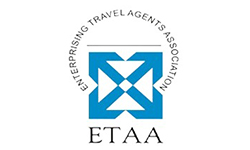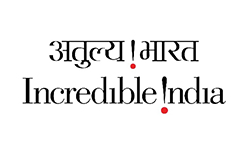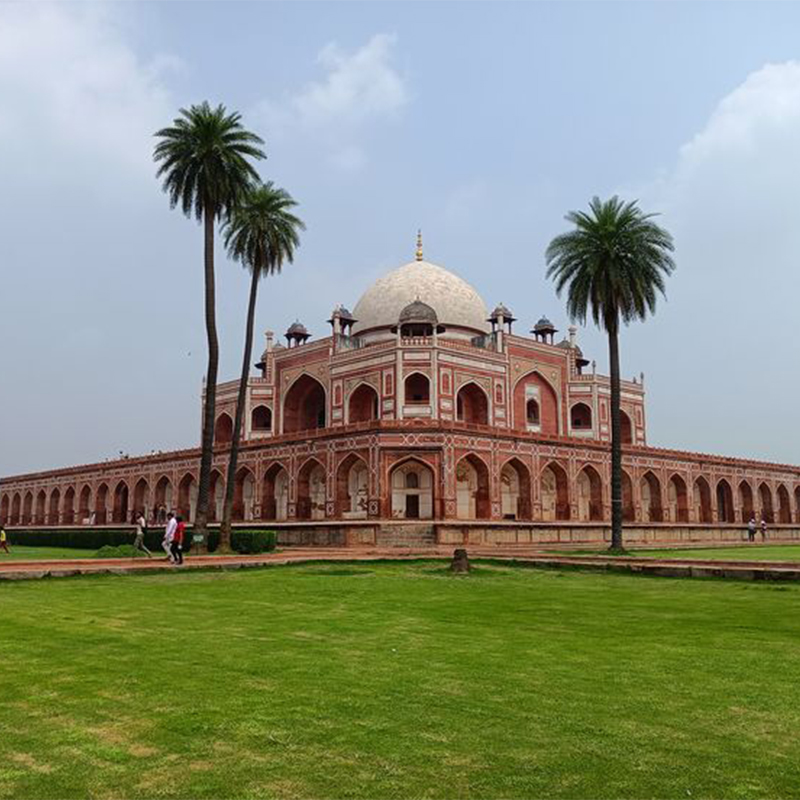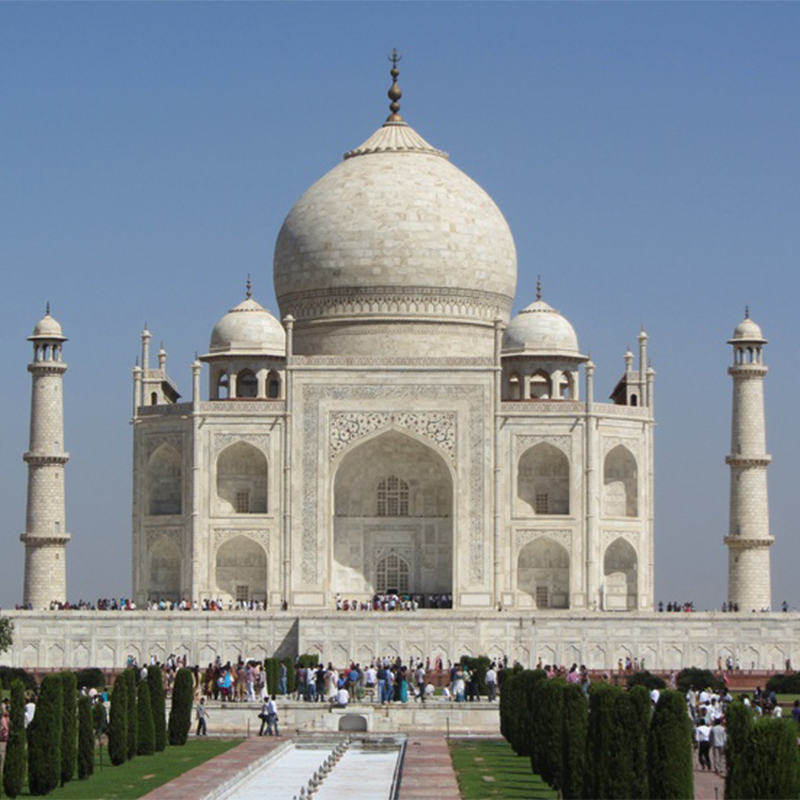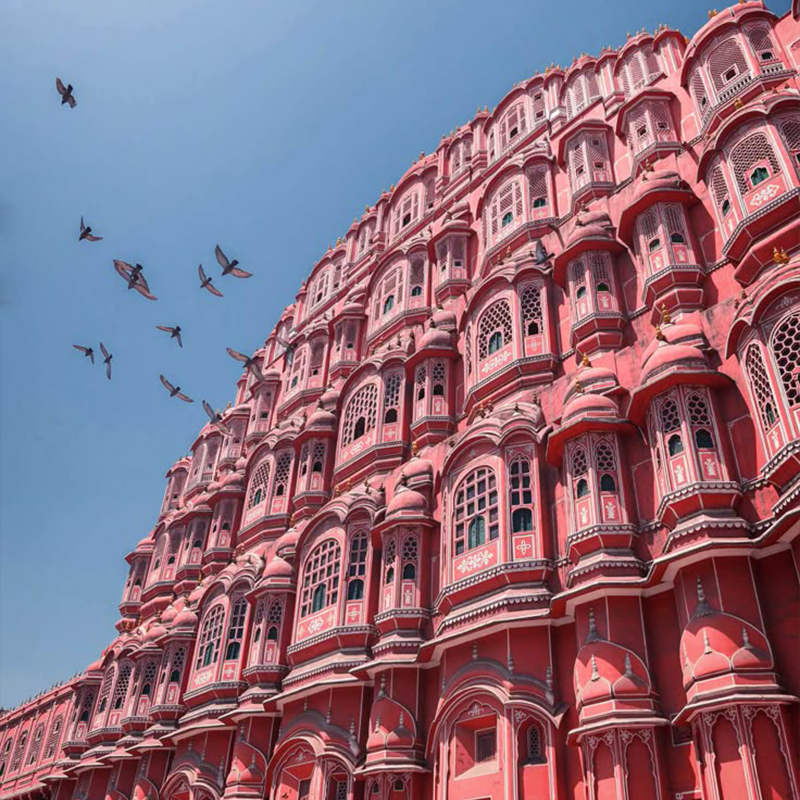13 Days Golden Triangle + Rajasthan Tour
- Delhi - Mandawa - Jaisalmer - Jodhpur - Ranakpur - Udaipur - Pushkar - Jaipur - Agra - Delhi
- 12 Night / 13 Days
- Tour Overview
- Itinerary Details
Welcome to India! Upon your arrival at the airport, our representative will greet you and transfer you to your hotel.
You will be provided with all the necessary travel documents, including internal flight tickets and hotel confirmations.
On the first day, you can relax at your hotel or explore the surrounding area at your leisure.
Overnight stay at your hotel.
After breakfast, depart for Mandawa by private car. Upon arrival, transfer to your hotel and take some time to refresh.
Mandawa is a charming town that offers a glimpse into the heart of real India. It’s a popular destination for travelers seeking to explore rural life and is often described as an open-air art gallery.
Located along the ancient Silk Road, which once connected the Middle East to China, Mandawa flourished as a trading hub in the 18th century. It was also protected by Thakur Nawal Singh, who played a key role in its development.
One of the highlights of Mandawa is its grand Havelis, a unique style of architecture with open courtyards, numerous windows, and vibrant murals. These walls tell stories through intricate paintings of gods, kings, local townscapes, foreign lands, trains, telephones, and more.
Overnight stay at the Castle.
After breakfast, depart for Jodhpur. Upon arrival, transfer to your hotel and take some time to refresh.
Enjoy a buffet breakfast at the hotel. Afterward, visit the Jaswant Thada and Mehrangarh Fort, one of Rajasthan’s most impressive fortresses. Situated on a hill at an elevation of 150 meters, Mehrangarh was built by Rao Jodha in 1459 and remains a popular attraction for travelers.
To enter the fort, you must pass through seven gates, each marked with signs of past battles. The second gate bears the marks of cannonball attacks from the Jaipur army. One of the gates, called the “Victory Gate,” was constructed by Maharaja Man Singh to celebrate his victory over the armies of Jaipur and Bikaner.
Another gate, the Fatehpur Gate, also known as the “Gate of Victory,” was built by Maharaja Ajit Singh to commemorate his victory over the Mughals. Inside the fort, you will find beautiful palaces such as Moti Mahal (Pearl Palace), where you can view the royal throne of Jodhpur, as well as the Sjarar Chowki, expansive courtyards, art galleries, and temples.
Next, visit the Umaid Bhawan Palace, which was constructed by Maharaja Umaid Singh between 1929 and 1943 to provide employment to thousands of people during a time of famine. The palace was designed by renowned English architect Henry Vaughan Lanchester and features 347 rooms. The royal family still resides in a part of the palace, while the luxurious Taj Hotel occupies another section of the complex.
Overnight stay at the hotel.
After breakfast, depart for Udaipur. En route, visit the stunning Ranakpur Jain Temple, located in Ranakpur. Upon arrival in Udaipur, transfer to your hotel and take some time to refresh.
Overnight stay at the hotel.
Enjoy a buffet breakfast at the hotel. Udaipur, known as the “City of Lakes” and the most romantic city in India, attracts travelers from across the country and around the world. Before India’s independence, it was the capital of the Kingdom of Mewar.
Founded by Maharana Udai Singh II in 1559, Udaipur is built around a series of artificial lakes and is renowned for its luxurious royal residences. The City Palace, overlooking Lake Pichola, is a grand complex of 11 palaces, courtyards, and gardens, famous for its intricate peacock mosaics.
As one of the most popular tourist destinations, Udaipur’s streets are always bustling with visitors. Lake Pichola lies behind the City Palace, with the former homes of noble families along its shores, many of which have now been converted into hotels. Enjoy a scenic boat ride on the picturesque Lake Pichola and visit the famous Jagmandir Island, located within the lake.
Overnight stay at the hotel.
After check-out, we will depart for Chittorgarh. Upon arrival, transfer to the Nahargarh Lake Palace hotel.
Chittorgarh Fort, one of India’s greatest fortresses and a UNESCO World Heritage Site, is located in Rajasthan. This historic fort was once the capital of Mewar and is situated on a hill that rises 180 meters (590.6 feet) above the valley plains, covering an area of 280 hectares (691.9 acres) and overlooking the Breach River.
The fort is home to several historic palaces, gates, temples, and towers, each with its own story to tell. These monumental ruins have captured the imaginations of travelers and writers for centuries.
The fort has been under the rule of the Mewar kingdom since the 7th century. It was attacked three times by Muslim invaders: in 1303, Allauddin Khilji defeated Rana Ratan Singh; in 1535, Bahadur Shah, the Sultan of Gujarat, defeated Bikramjeet Singh; and in 1567, Akbar defeated Maharana Udai Singh II, who later left the fort and founded Udaipur.
During each of these attacks, the men fought valiantly, charging out from the fort’s strong walls but were ultimately defeated. It is said that the women of the fort performed Jauhar, a self-sacrifice ritual, to protect their honor. The fort thus stands as a tribute to the bravery, nationalism, chivalry, and sacrifice of the rulers, warriors, women, and children of Mewar, from the 7th to the 16th centuries.
Overnight stay at the hotel.
After breakfast, depart for Jaipur in a private car. On the way, we will visit Pushkar, a famous and beloved destination for travelers.
Pushkar is a sacred town, with temples lining every street. The most significant temple here is dedicated to Lord Brahma, the Creator of the Universe according to Hinduism. In Hindu belief, the three main deities responsible for the creation, preservation, and destruction of the universe are Lord Brahma (Creator), Lord Vishnu (Protector), and Lord Shiva (Destroyer).
Upon arrival in Jaipur, transfer to your hotel and take some time to refresh.
Overnight stay at the hotel.
Enjoy a buffet breakfast at the hotel. After breakfast, we will proceed to visit Amber Fort, located 11 km from Jaipur on a hill. Before Jaipur became the capital, Amber was the seat of the Kachawas.
Enjoy an elephant ride up to the fort, just as the king’s family or special guests would have done. Amber Fort is one of the largest and most impressive forts in India. The fort features beautiful palaces, grand courtyards, gardens, and hidden passageways, each filled with stories of war and politics.
Inside the fort, you will find several palaces, including the Diwan-e-Aam (Hall of Public Audience), Diwan-e-Khas (Hall of Private Audience), Sheesh Mahal (Mirror Palace), Sukh Mandir, and the Man Singh Palace, where the king and his 12 wives lived. The palace has secret pathways that allowed the king to move between chambers without anyone knowing which queen he was with.
Next, enjoy a photoshoot at the Jal Mahal (Water Palace). Then, visit the City Palace, Jantar Mantar, and Hawa Mahal (Wind Palace). In the afternoon, you will have some free time for shopping.
Overnight stay at the hotel.
After breakfast, depart for Agra in a private car. On the way, we will visit Abhaneri village, established by the Gurjar Pratyahara king Samrat Mihir Bhoj.
In mythology, Samrat Mihir Bhoj is often identified as King Raja Chand. Here, you can visit the Temple of Harsha Mata, dedicated to the goddess of happiness and prosperity. This temple, dating back to the 10th century, was attacked and destroyed by Muslim invaders. You will see the remnants of its ancient structure.
Nearby, you will find Chand Baori, a step-well that is one of the oldest and most fascinating monuments in Rajasthan. It is also one of the largest and deepest step-wells in India, with 3500 steps and 13 levels, and it reaches a depth of 20 meters.
Upon arrival in Agra, transfer to your hotel.
Overnight stay at the hotel.
In the early morning, we will proceed to visit the Taj Mahal (Agra) (crown of palaces) legendary monument of love, it was built by the emperor Shah Jahan in the seventeenth century, in memory of his beloved Mumtaj Mahal.
Construction of the Taj Mahal was completed in 1653 at an estimated cost of around 32 million rupees, which in 2015 would be approximately 52, 8 billion rupees (the US $ 827 million).
The construction project employed some 20,000 artisans under the supervision of a council of architects led by Ustad architect Ahmad Lahauri. Taj Mahal was declared a World Heritage Site by UNESCO in 1983 for being” the jewel of Muslim art in India and one of the universally admired masterpieces of heritage”.
Return to the hotel and have breakfast.
Red Fort – It was the main residence of the emperors of the Mughal dynasty until 1638 when the Mughal capital of Agra was transferred to strong red in Delhi. It is also a world heritage site.
In the continuation departure to New Delhi in the private car. Arrive in Delhi.
Transfer to the hotel and refresh. Accommodation at the hotel.
Breakfast buffet at the hotel. We will start the city tour from Old Delhi (Chandani Chowk), where we will first visit the largest mosque in India. Emperor Shahjahan built this mosque between 1644 and 1656, the same emperor who built the Taj Mahal (Agra).
We will enjoy a rickshaw ride in the old Delhi area. In the continuation, we will visit New Delhi – Raj Ghat (the place where Mahatma Gandhi was cremated), India Gate, the president’s house, and government buildings, this part planned by the British.
Then we will visit the Temple of the Sikhs (Gurudwara Bangla Sahib), in the continuation, we will visit one of the biggest temples of the India Temple of Akshardham, Qutub Minar (biggest stone tower carved in India).
Hotel Accommodation.
Enjoy a buffet breakfast at the hotel. You will have access to the hotel room until 12:00 PM. In the afternoon, you will be treated to a special farewell dinner.
Afterward, transfer to the airport for your flight back to your country.
The services of Tusk Travel will conclude.
- Package Includes
- Accommodation in hotels of your chosen category for single/double/triple occupancy.
- Daily breakfast at the mentioned hotels (dinners may also be included).
- Entrance fees for the monuments.
- Activities specified in the detailed program, such as elephant rides, boat rides, rickshaw rides, folk dances, etc.
- Private transportation throughout the trip.
- Local English-speaking guides for sightseeing in each city you visit.
- Assistance upon arrival and departure in each city.
- Current government taxes.
- Package Excludes
- International flight airfare and airport taxes.
- Personal expenses such as drinks, tips, travel insurance, laundry, and phone calls.
- Any services not mentioned in the package inclusions.
Plan My Trip
Related products


